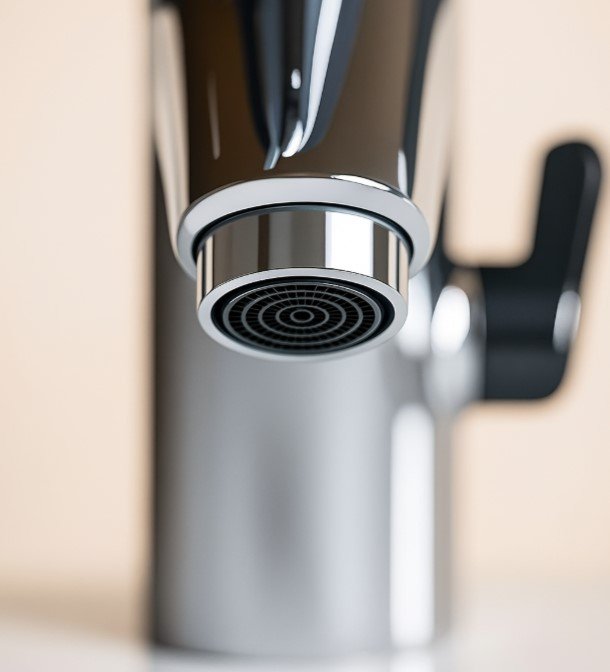Home Improvement
Hard Water Problems and How to Fix Them

Hard water is an annoying and sometimes difficult issue to deal with when it comes to your plumbing and quality of life.
If you’re dealing with hard water problems, there are some things you can do to fix the issue.
Read on to learn more about hard water vs soft water and what you can do to remedy this common problem.
[lwptoc]
What is Hard Water?
Hard water is water that has high levels of mineral deposits. When the water evaporates, it can leave white residue behind on your faucets, dishes, sinks, and pipes.
The water hardness scale is a way to measure your water’s hardness levels. This scale looks at the milligrams per liter or parts per million in terms of how many mineral deposits are present. Soft water should have less than 17 milligrams per liter, and the hardest water can come in at 180 milligrams per liter or more!
Hard Water Problems
Dealing with hard water can lead to a number of problems that can range from mildly annoying to potentially bad for your home. Here are some of the most common issues associated with having harder water:
- A white film or milky white residue is left behind on glassware, silverware, and dishes even after scrubbing them
- You notice a thick chalky white residue around faucet openings and at the bottom of tubs, toilets, and sinks
- Your skin and hair feel dry even after taking a shower with moisturizing products
- Appliances like the dishwasher and washing machine break down frequently
- The water pressure in your home is low, which is caused by mineral buildup inside your plumbing
How to Deal with the Issue
Thankfully, you don’t have to put up with hard water problems forever. First, consider installing a whole-home water softening system to make your water softer. Look into the water softener system cost for your area and get one installed as soon as possible.
Another way to deal with the problem is by adding faucet-mounted water filters. This is especially important if you drink a lot of tap water, cook with tap water, or give it to your pets.
You can remove hard water deposits from fixtures by making a mixture of white vinegar and baking soda. Use the mixture to gently scrub the deposits away.
Keep the inside of your appliances as clean as possible, and use a rinse aid when washing dishes in the dishwasher. Try to keep your water at a lower temperature, as higher temps can make hard water issues worse.
Enjoy Softer Water Today
While having hard water is unpleasant, it doesn’t mean you have to deal with all of its issues at once. Keep these tips in mind and consider a water softener system so you can enjoy using your appliances, drinking tap water, and taking showers without the mineral buildup.
For more articles about tech, home improvement, and lots more, be sure to visit our website today!
Read more: How many Ounces in a Gallon of Water?













